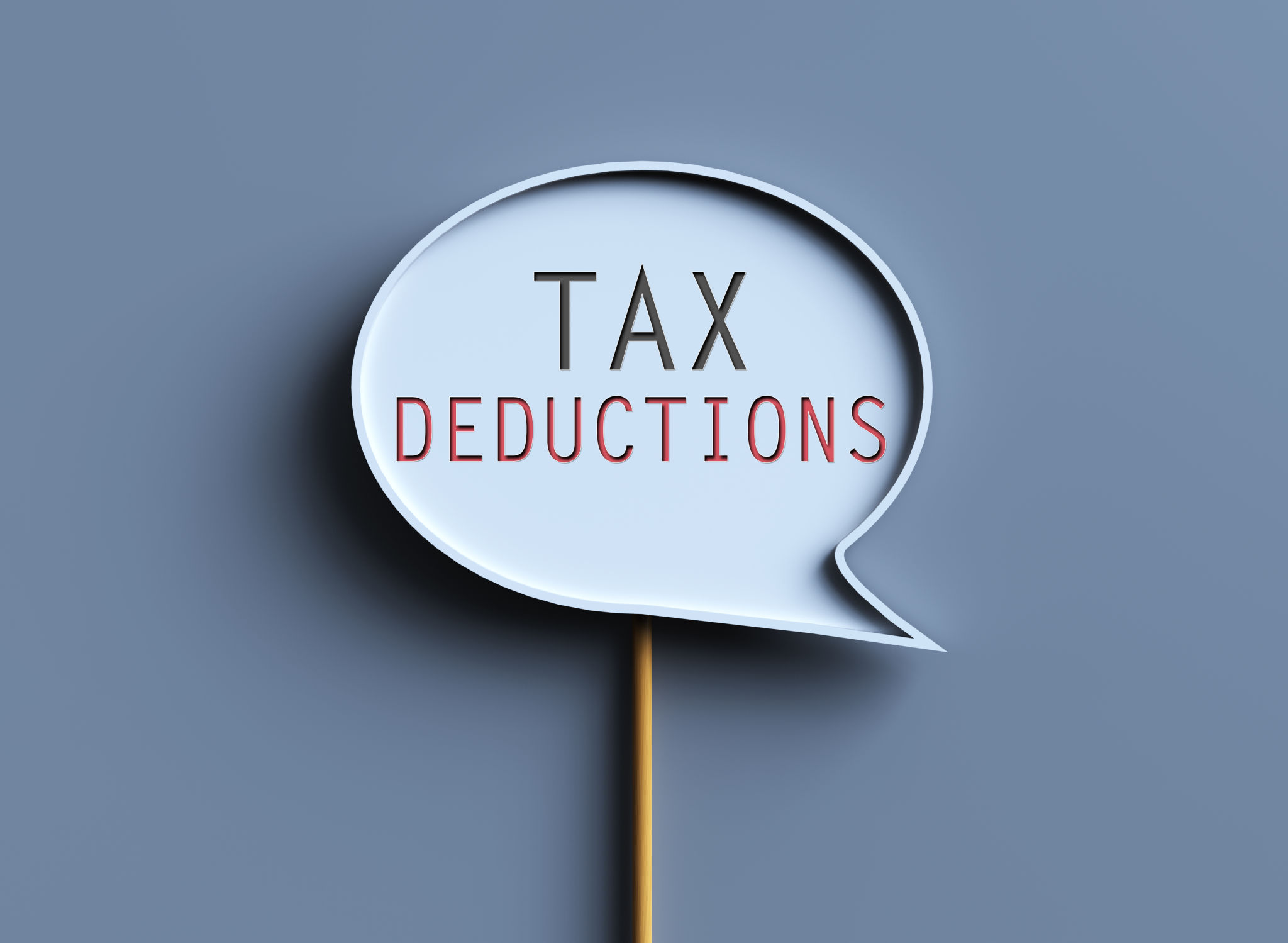Essential Tax Strategies for Small Businesses: Insights from Li Qian, CPA
Understanding the Basics of Tax Planning
For small business owners, navigating the complexities of tax planning can be daunting. By understanding the basics, you can make informed decisions that benefit your business financially. Proper tax planning involves strategizing to minimize your tax liabilities and maximizing deductions. According to Li Qian, CPA, a well-thought-out tax plan is not just about compliance; it's about optimizing your financial health.
One of the fundamental strategies is to keep organized records. Accurate and up-to-date records help you identify all possible deductions and credits, ensuring that you are not overpaying taxes. Li Qian emphasizes the importance of using accounting software to track expenses and revenues efficiently.

Leveraging Deductions and Credits
Deductions and credits can significantly reduce your tax burden. Deductions lower your taxable income, while credits reduce your tax liability directly. Li Qian suggests exploring all available options, such as home office deductions if you operate from home, or vehicle expenses related to business operations.
Additionally, small businesses can benefit from credits designed to encourage specific activities or investments. For example, the Research & Development Tax Credit can be a boon for businesses investing in innovation. Always consult with a CPA to ensure you are claiming all eligible deductions and credits.

The Importance of Estimated Tax Payments
Small business owners often fall into the trap of underestimating their tax obligations. Making quarterly estimated tax payments is essential to avoid penalties and interest charges. Li Qian advises setting aside a percentage of your income specifically for taxes, ensuring you are prepared when payments are due.
To calculate these payments accurately, review your previous year's tax return and adjust according to any anticipated changes in income or expenses. This proactive approach helps manage cash flow more effectively throughout the year.

Choosing the Right Business Structure
The structure of your business has a significant impact on your tax liabilities. Whether you operate as a sole proprietorship, partnership, LLC, or corporation, each has different implications for how taxes are calculated and filed. Li Qian stresses the importance of choosing a structure that aligns with your business goals and provides the most tax efficiency.
An LLC, for instance, offers flexibility in how income is taxed and can protect personal assets. Consulting with a CPA can help determine which structure is best suited for your business's unique needs.
Staying Updated with Tax Laws
Tax laws are constantly evolving, making it crucial for small business owners to stay informed. Changes in legislation can present new opportunities for savings or introduce additional compliance requirements. Li Qian recommends subscribing to industry newsletters or joining professional organizations to keep abreast of any tax law changes that may affect your business.
Regular consultations with a CPA can also provide valuable insights into how new laws might impact your business strategy and tax planning efforts.

Final Thoughts on Effective Tax Strategy
Implementing effective tax strategies is essential for the financial well-being of small businesses. By understanding the fundamentals of tax planning, leveraging deductions and credits, making timely estimated payments, choosing the right business structure, and staying updated with tax laws, you can optimize your tax strategy and enhance your business's profitability.
Li Qian's insights underscore the importance of proactive planning and expert guidance in managing your business's taxes efficiently. Consider partnering with a skilled CPA to navigate the complexities of taxation and secure your business's future success.